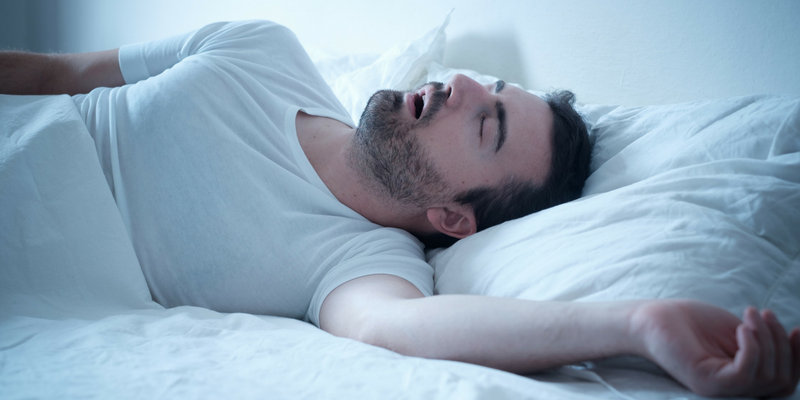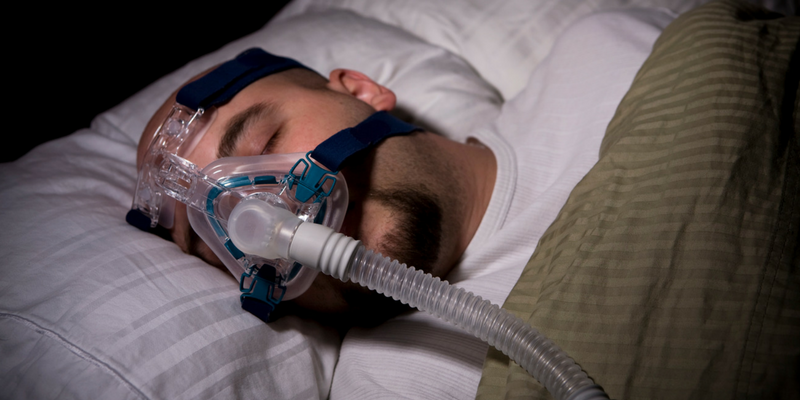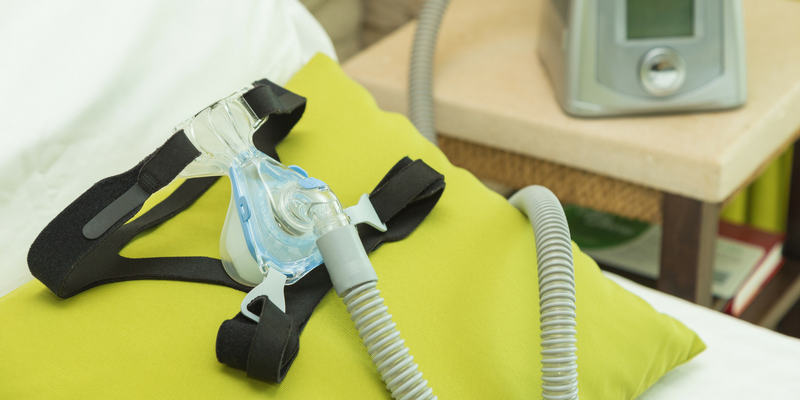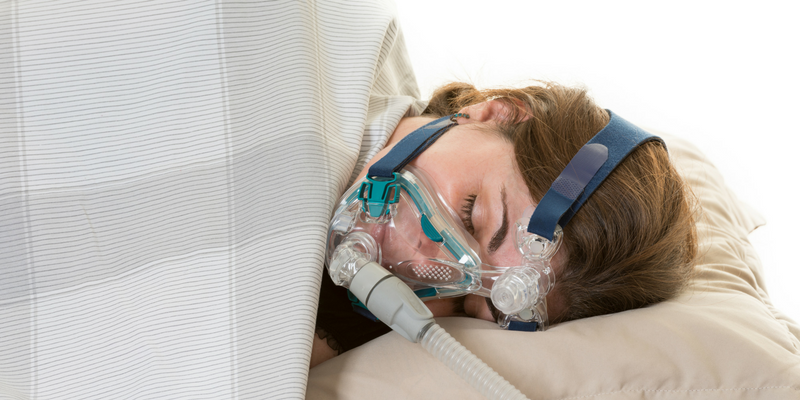
Today, the team at CPAP Central is driving awareness towards the issue of snoring, and more specifically, the causes of snoring. We are passionate about this issue because one of the most common causes is sleep apnea, which if left untreated, will lead to a long list of major health complications.
First thing’s first, snoring occurs when air can’t move freely through your nose or mouth as you sleep. This often means for some reason, your airway is narrowing or you have an obstruction which vibrates when you try to force airflow. Now, let’s get to the causes:
- Sleep Apnea
Snoring is a very common symptom of sleep apnea. Sleep apnea is a serious condition where the tissues of your throat block your airway and actually prevent you from breathing. Apneas are basically events where you’ve stopped breathing. This condition is easily treated through CPAP therapy, but if left untreated, will lead to many health conditions highlighted here.
- Mouth Anatomy
Snoring often occurs when an individual presents a low, thick soft palate or extra tissue surrounding the back of their throat, often found in individuals who are overweight. This can sometimes be treated by either losing weight or starting CPAP therapy.
- Deviated Septum
Snoring can also be caused by a deviated nasal septum. A deviated nasal septum is when the cartilage and bone in the middle of the nasal cavity are dramatically crooked or off-center.
- Nasal Congestion
If snoring has suddenly occurred, you may be suffering from nasal congestion, but beware because nasal congestion can be a sign of sinus infection. Snoring should cease as soon as you are over your cold or have treated your sinus infection.
- Alcohol Consumption
Yes, some people only snore when they drink. It is a proven fact that alcohol relaxes your throat muscles and prevents your body from fighting airway obstruction. This also proves that you don’t always get a good night’s sleep after a night of heavy drinking because, while you slept in, you may not have gotten quality sleep.
No matter what the cause of your snoring is, the effect is less sleep, interrupted sleep or low quality sleep. When you’re not getting the sleep you need, your body wears out. We want you to live as comfortably as possible, so get to the doctor and find out why you’re snoring. If a CPAP is what you need, The CPAP Central is here to help!



